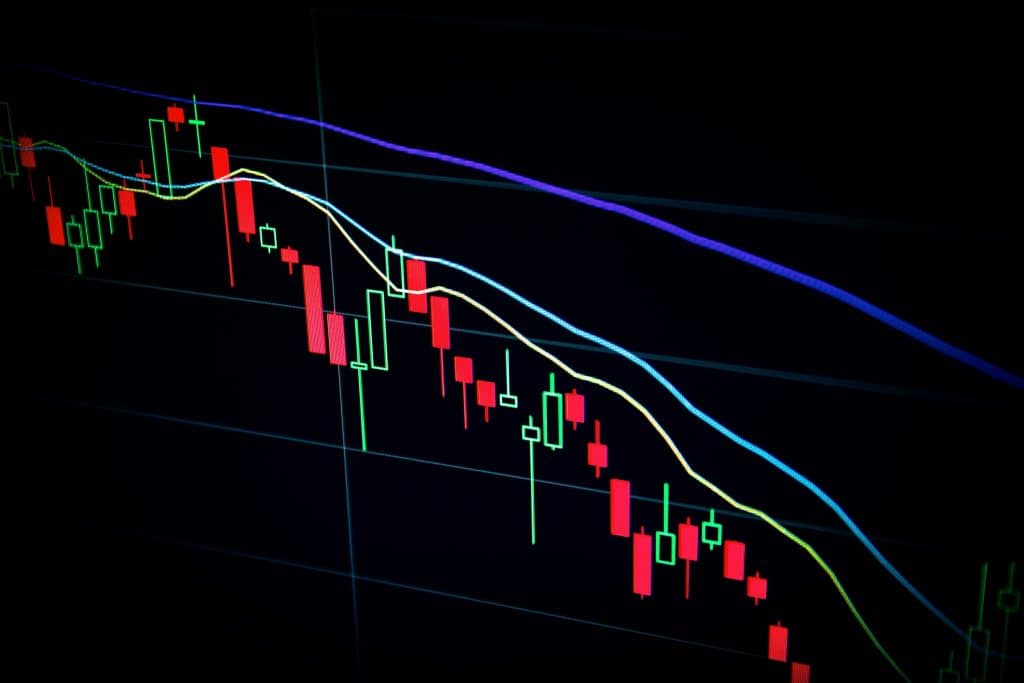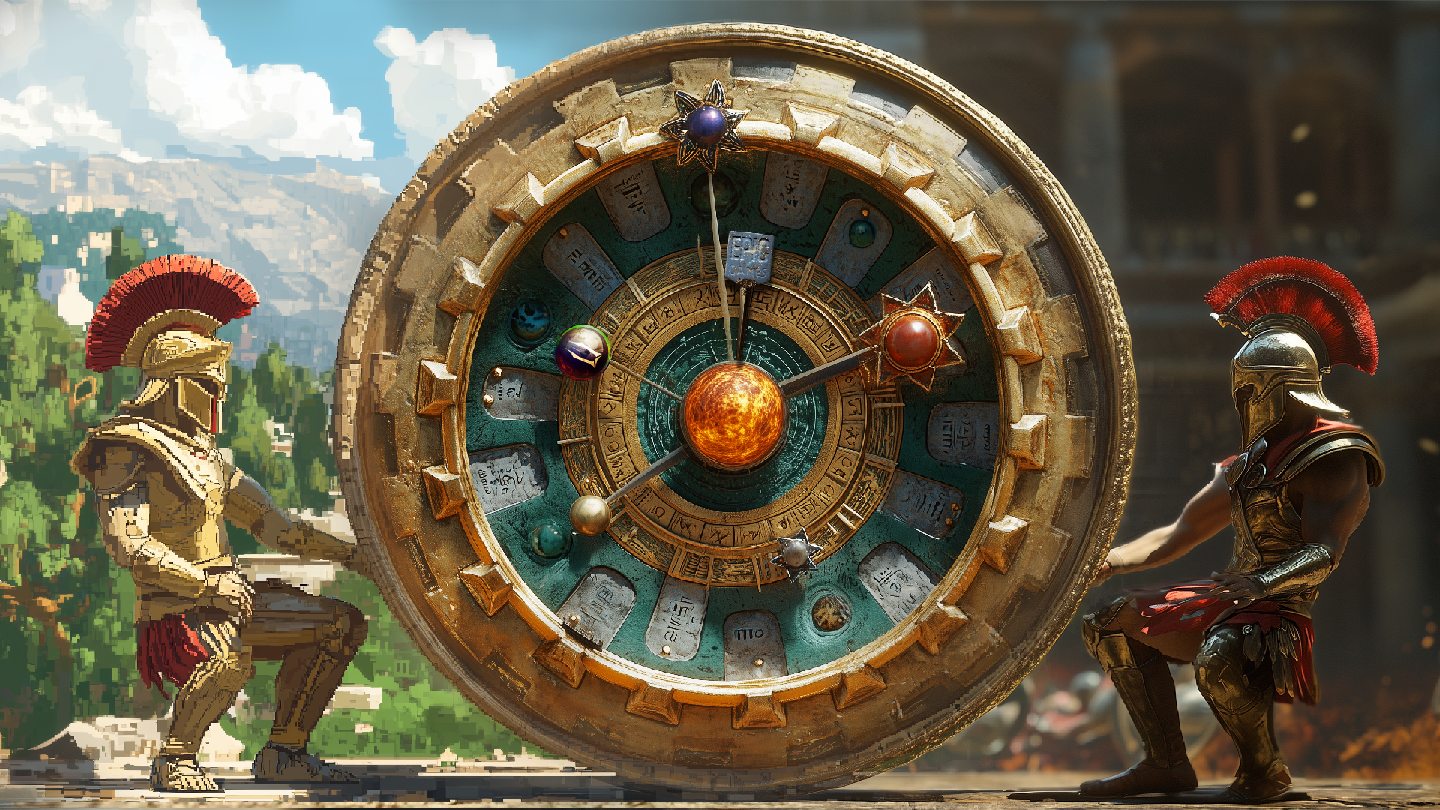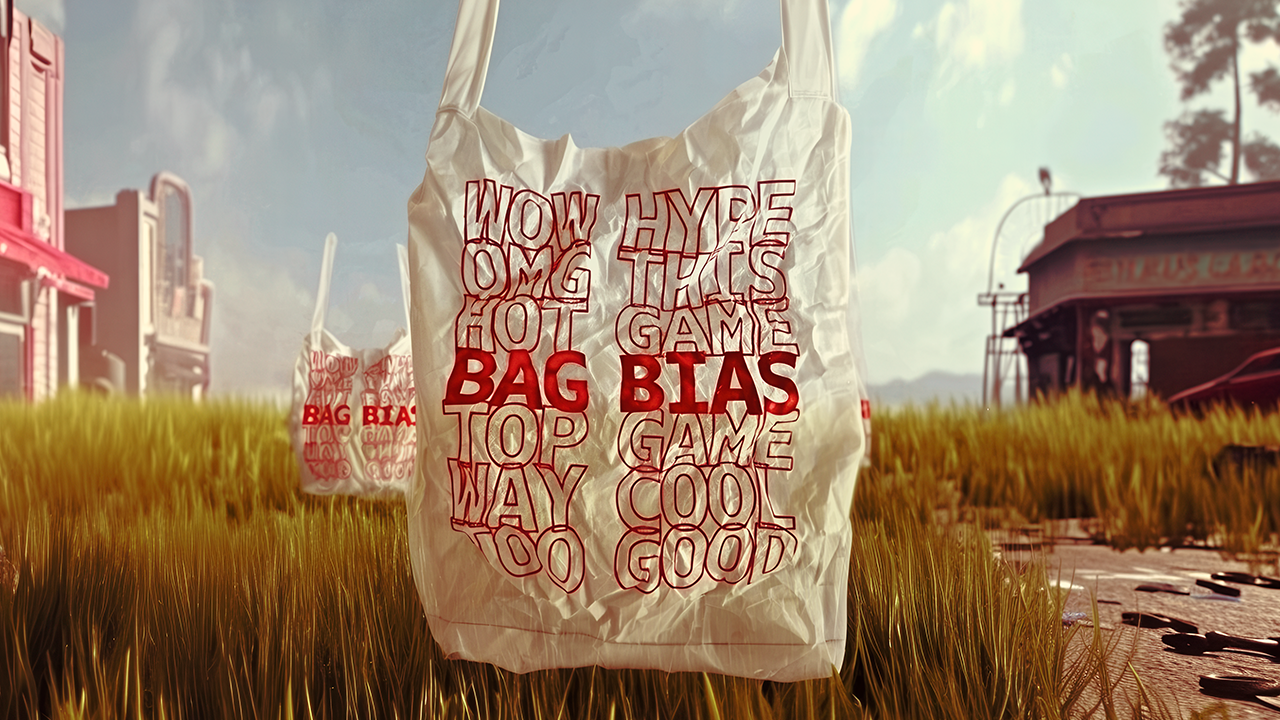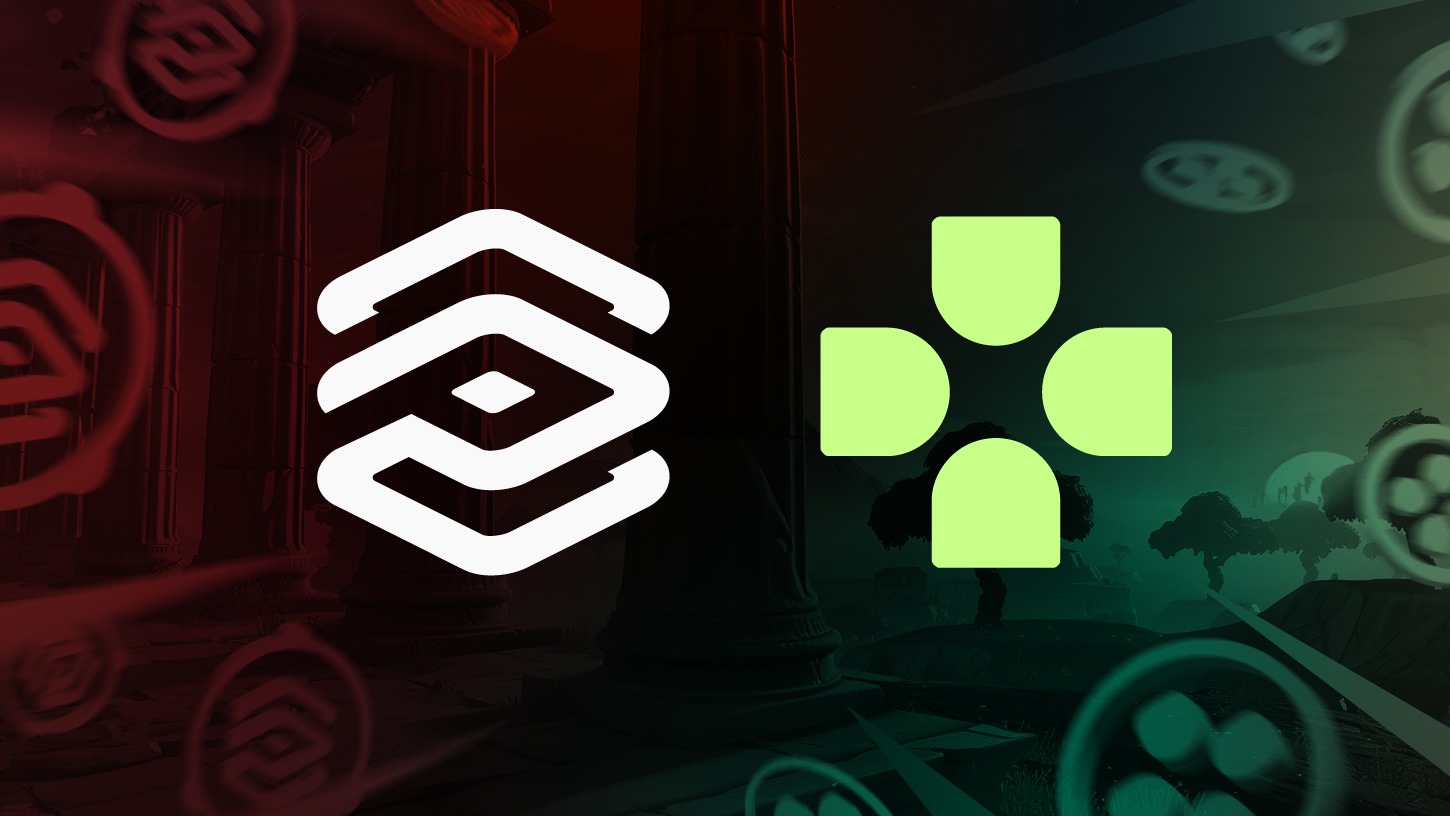Decentralized finance may seem like an entirely different language than traditional finance, but it shares more similarities than many realize. To demystify DeFi’s market structure, the easiest place to start is differentiating between a bull market and a bear market.
Both DeFi and traditional finance use the terms bull market and bear market to describe the state of the market in investment terms. In the simplest of explanations, a bull market refers to when the market is up, and a bear market refers to the market being down. But to take this a step further, what do these terms say about the future of GameFi?
Table of Contents
Bear vs Bull: An Overview

To elaborate beyond whether the market is up or down, according to Investopedia, “A bull market is a market that is on the rise and where the economy is sound; while a bear market exists in an economy that is receding, where most stocks are declining in value.”
It must be noted that nothing in this article should be considered financial advice. For tips, counsel, or guidance on crypto investments, reach out to a licensed financial advisor with experience in cryptocurrency.
What is a Bear Market?

The definition of bear market is when the market falls at least 20% from its most recent highs. Stock prices plummet during a bear market, resulting in an influx of mass withdrawals from investors, who then go on to take a hiatus from the market until it cycles back into a bull market. Because of this, a tremendous fear overcomes the investing population that the market will continue to plummet, driving prices even lower. The economy usually sees an increase in unemployment, lower trading volume, and an increase in negative sentiments toward crypto in general.
What is a Bull Market?

The definition of a bull market is a market that must show a steady and constant increase in stock prices. When we are in a bull market, the economy is considered to be strong, and employment rates are higher. In times of a bull market, investors believe this uptrend will continue long-term and are more likely to take confident chances in their investments.
Are We Currently in a Bull or Bear Market?
At the time of this article, Summer of 2022, we are in a bear market. Both the stock and crypto markets are experiencing a considerable downturn, and because of this, it is expected that prices will continue dropping for quite a while. It is impossible to predict how long a bear market will last; elapsed time in this market state has lasted months as well as years. The cryptocurrency community has previously experienced a year-long bear market.
Why a Bear Market is Good
A bear market isn’t all bad. Some crypto experts consider this to be a good thing because it weeds out the people who chose to get into crypto as a “get rich quick” scheme. Bear markets cause a ripple effect that removes failing game projects from the Web3 space.
To quote Bertrand Perez in a CNBC article, “It’s good also, because all those projects are gone. So the legit ones will be able to focus only on developing on building and forget about the valuation of the token because everyone is down.” He goes on to say, “During the bull markets when everything is green, no one thinks about building, everyone thinks about making a fortune, which is the wrong mindset.”
While this current bear market is causing a great deal of panic in the DeFi and GameFi spheres, it isn’t necessarily the end of crypto as we know it. The idea of this being a transformative time means the potential for positive changes in the crypto market are absolutely on the horizon.















